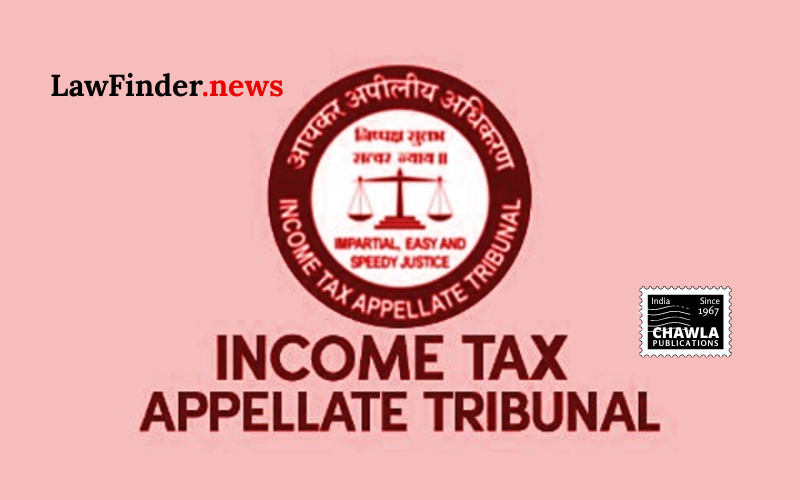ITAT Chennai Partly Upholds Revenue's Appeal in Durr India Pvt. Ltd. Case, Tribunal Restricts TDS Disallowance to 30% but Denies Refund of Excess Dividend Distribution Tax
In a significant ruling, the Income Tax Appellate Tribunal (ITAT) 'B' Bench, Chennai, has delivered its judgment on the appeal filed by the Additional Commissioner of Income Tax (ACIT) against Durr India Pvt. Ltd. The Tribunal addressed two core issues: the disallowance of payments under Sections 40(a)(i) and 40(a)(ia) and the applicability of the Double Taxation Avoidance Agreement (DTAA) rate to the Dividend Distribution Tax (DDT).
The appeal was initially delayed by 35 days, but the Tribunal condoned the delay, citing sufficient cause. The Revenue's primary contention revolved around the 100% disallowance of payments made to non-residents without TDS, as per Section 40(a)(i). However, Durr India argued that these payments were erroneously reported as made to non-residents, whereas they were actually made to resident Indians, warranting only a 30% disallowance under Section 40(a)(ia).
The ITAT upheld the lower authority's decision to restrict the disallowance to 30%, confirming that the payments were indeed made to residents. The Tribunal found no contrary evidence presented by the Revenue to dispute this finding. Thus, the Revenue's challenge on this ground was dismissed.
On the issue of DDT, the Tribunal addressed the company's claim for a refund of excess DDT paid beyond the 10% DTAA rate applicable between India and Germany. The lower authority had allowed the refund based on previous tribunal decisions. However, the ITAT referenced the Special Bench ruling in DCIT v. Total Oil India Pvt. Ltd., which established that DDT is a tax on the company's profits and not on shareholder income, thus not governed by DTAA rates. The Supreme Court's judgment in Godrej & Boyce Mfg. Co. Ltd. further supported this interpretation, confirming that DDT is not subject to the DTAA's beneficial rates.
Consequently, the Tribunal ruled against the refund of excess DDT, aligning with the precedent that DDT is non-creditable and final. The ITAT's decision underscores the distinct treatment of DDT and shareholder tax liabilities under international tax treaties.
Bottom Line:
Disallowance under Section 40(a)(i) and Dividend Distribution Tax (DDT) - Payments made to residents incorrectly treated as payments to non-residents in audit report - Disallowance restricted to 30% as per Section 40(a)(ia) - DDT under Section 115-O is a tax on the company's profits and not on the dividend income of shareholders, thus not governed by DTAA rates.
Statutory provision(s): Section 40(a)(i), Section 40(a)(ia), Section 115-O of the Income Tax Act, 1961, Double Taxation Avoidance Agreement (DTAA) between India and Germany, Section 237 of the Income Tax Act, Article 256 of the Constitution.
ACIT v. Durr India Pvt. Ltd., (ITAT)('B' Bench, Chennai) : Law Finder Doc Id # 2785595




